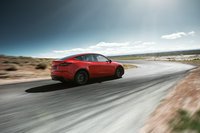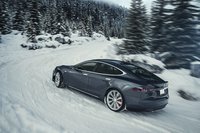Tesla Model S Is Officially the World's First 400-Mile Electric Vehicle: Here's How They Did It
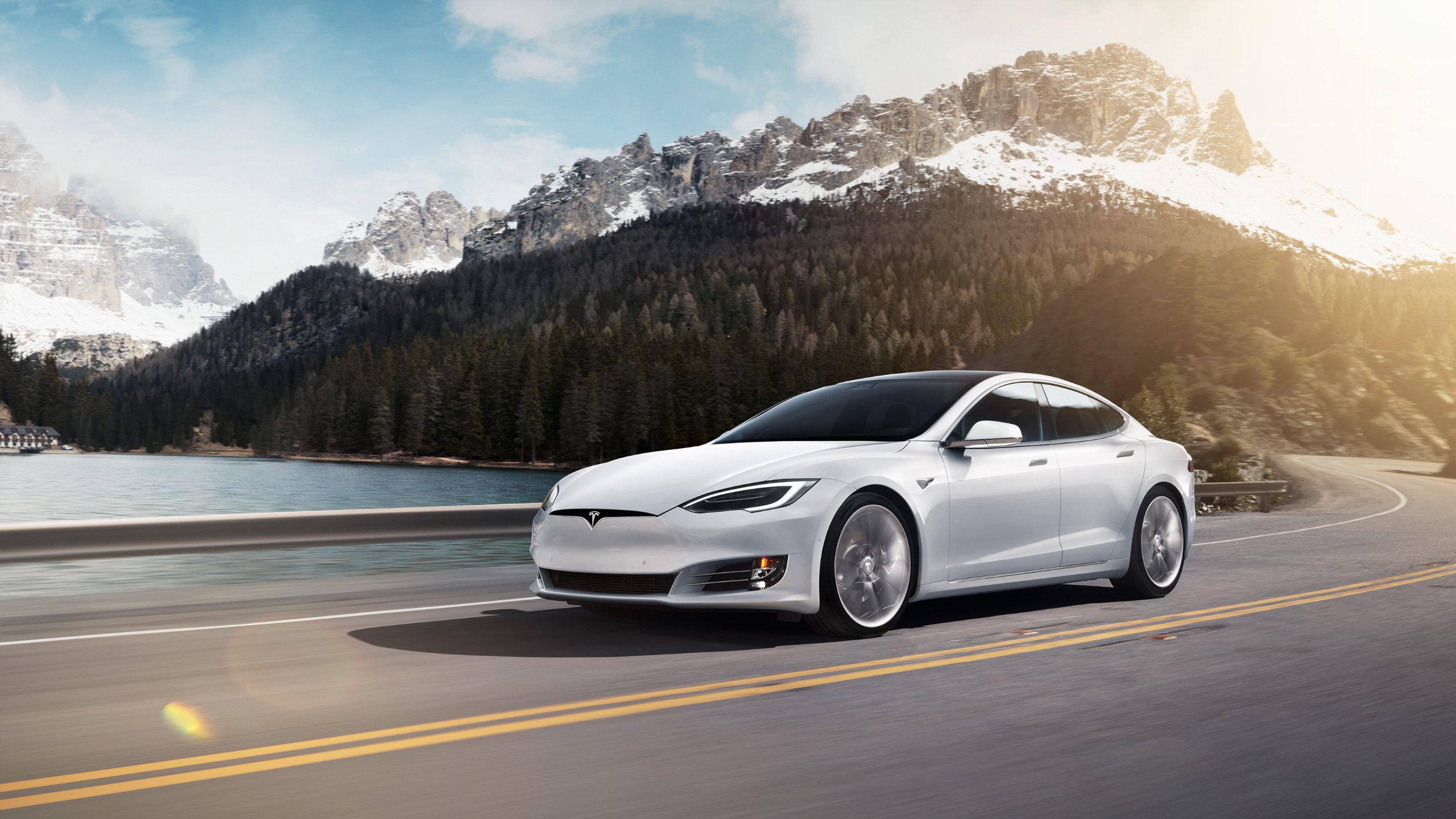
Tesla introduced the Model S in 2012 with a 265-mile range. Since then, continual updates have brought its range closer to the 400-mile mark. Starting 15 June 2020, all North American Model S Long Range Plus models have an official EPA-rated range of 402 miles, becoming the world's first to reach this milestone. Tesla explained how they managed to do it.
Weight Reduction
Experience and knowledge from the engineering design and manufacturing of Model 3 and Model Y in recent years have fed back to that of Model S and Model X. Improvements thereby make mass reduction possible without sacrificing the premium feel and performance.
Further weight savings arise from Tesla's in-house seat manufacturing and lighter materials used in the improved battery pack and drive units.
New Wheel Design
Tesla's new "Tempest" Aero wheels reduce aerodynamic drag compared to previous designs. When paired with a new custom tire specifically designed to reduce rolling resistance, the new wheel design contributes to a 2% improvement in overall range.
Improved Drive Unit
The rear AC-induction drive unit now features an electric oil pump in place of the old mechanical oil pump. The new unit optimizes lubrication independent of vehicle speed to reduce friction. Improvements to the gearbox in the front permanent magnet synchronous reluctance motors shared with Model 3 and Model Y have further increased efficiency while driving on the highway.
More Regenerative Braking
The new drive feature, HOLD, blends regenerative braking with physical brakes when the driver eases off the accelerator pedal. Regenerative braking now works at a lower speed and deceleration rate, combining maximum energy regeneration with exceptional ride comfort.
Related Products
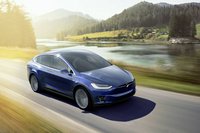
- Down to exceptional 2.8s 0-100kph time
- Up to awe-inspiring 680hp of power
- Excellent 0.24 drag coefficient
· 81% ·
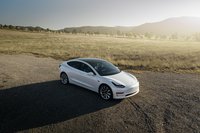
- Multi-link suspension all-around
- Reasonably priced at launch
- Down to great 3.4s 0-100kph time
· 57% ·
